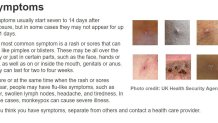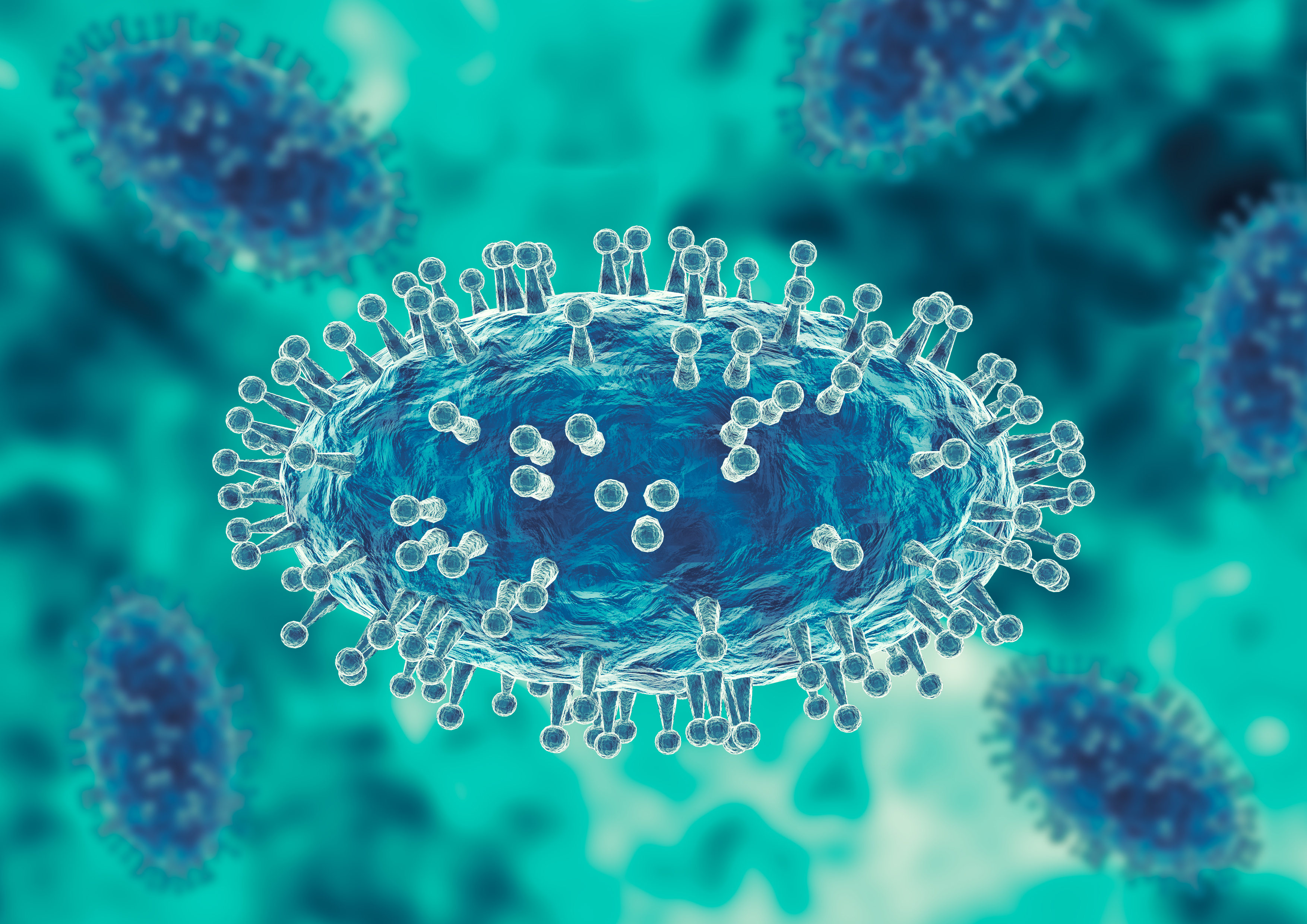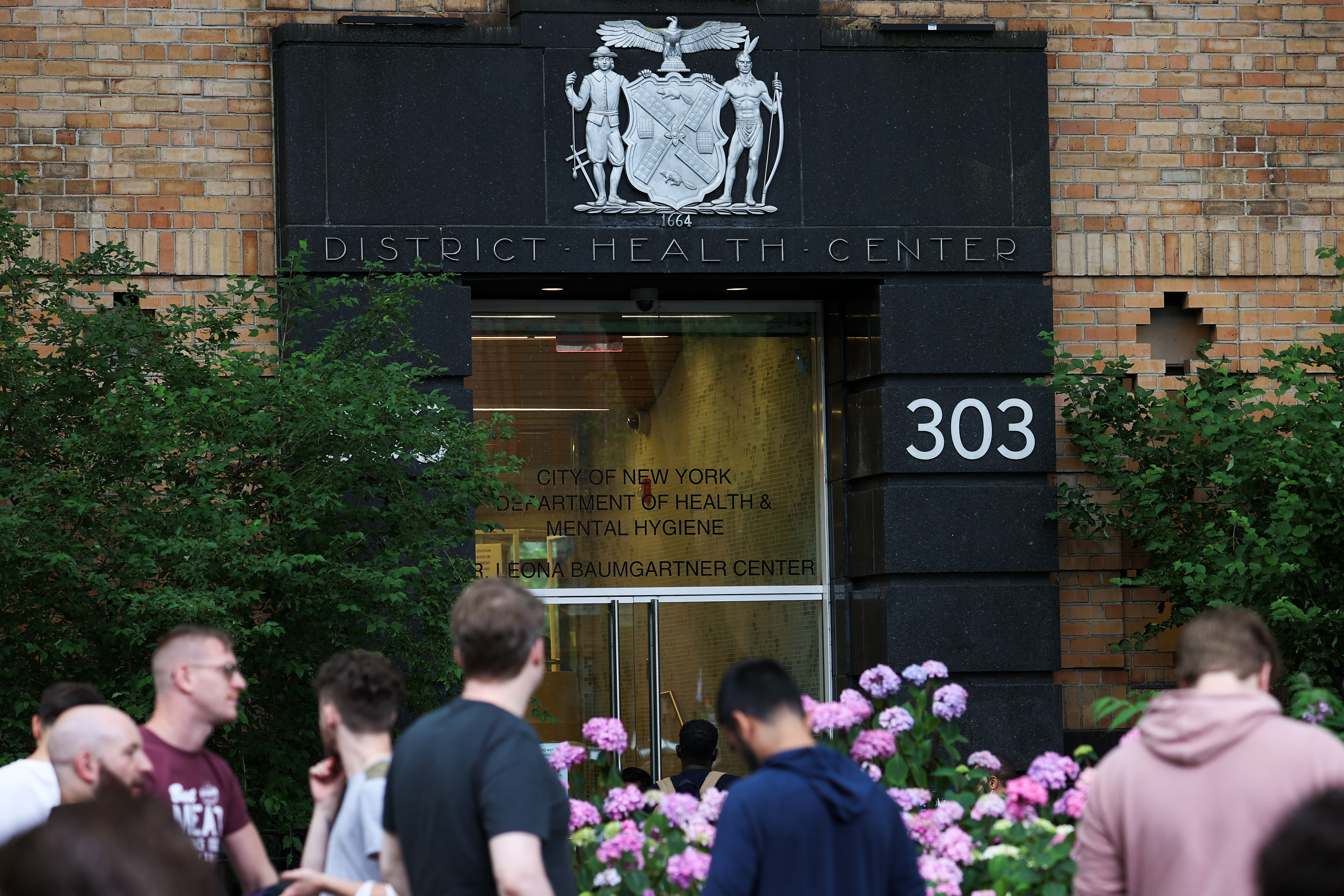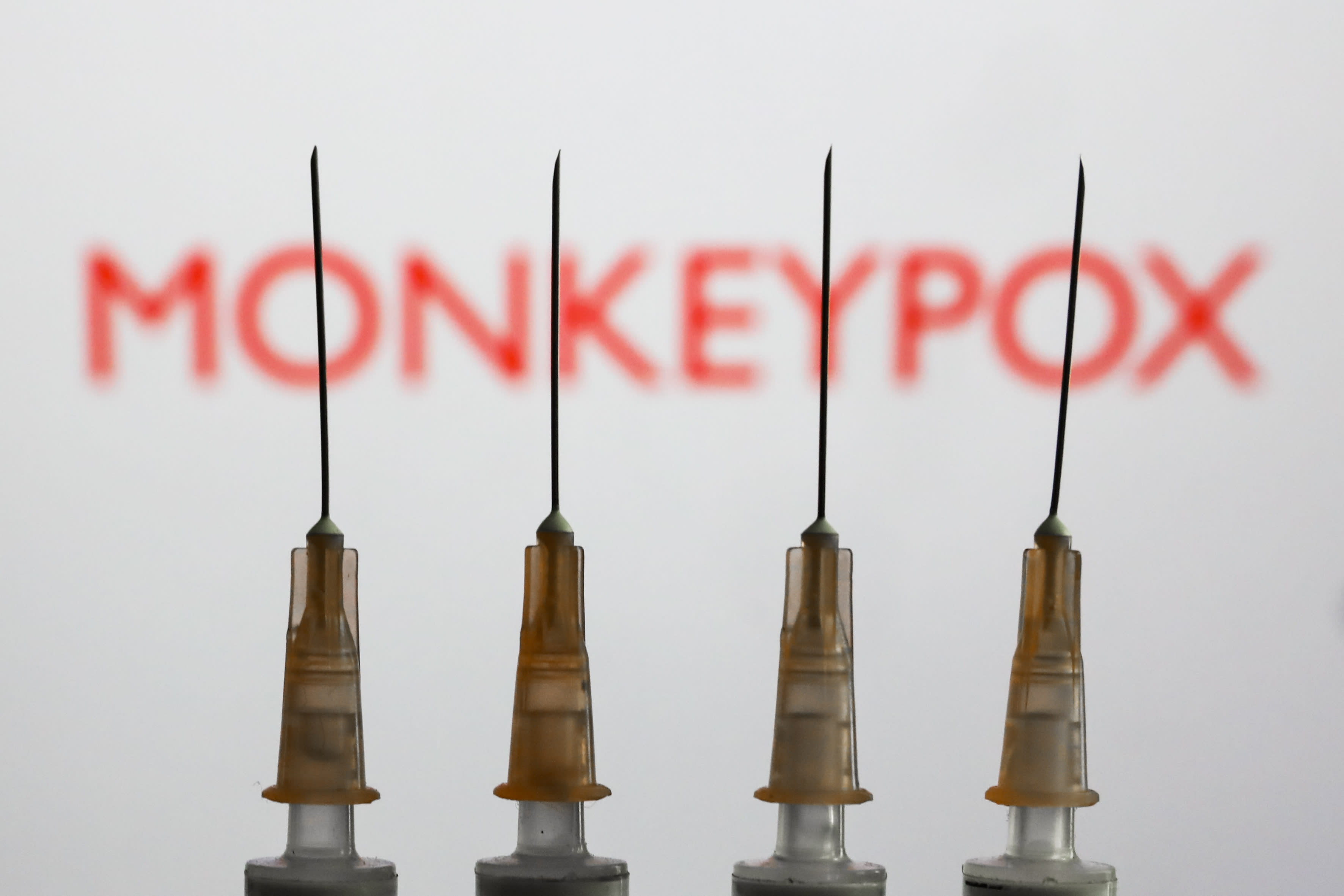The World Health Organization warned today that monkeypox is spreading fast. Chris Glorioso reports.
New York City health officials said Friday they hope to make more monkeypox vaccination appointments available next week after they receive a 6,000-dose initial shipment from the federal government. But will it be enough to slow the outbreak?
City officials added another nine new suspected monkeypox cases to the burgeoning count on Friday as they gave the vaccine update, sending the total to 87, a widely believed undercount as the U.S. faces its largest-ever monkeypox outbreak.
The 87 count marks a 123% increase in the last week for New York City. The five boroughs continue to account for about 22% of the total presumed monkeypox cases in the United States, according to the CDC. That share has held relatively steady as the national outbreak has worsened, now edging 400 suspected cases.
Only California has more suspected monkeypox cases than New York state.
Get Tri-state area news delivered to your inbox. Sign up for NBC New York's News Headlines newsletter.
NYC health officials said in their Friday update that they were working with federal partners to get more doses as quickly as possible. The news comes a day after Gov. Kathy Hochul said she spoke with top White House officials about New York's needs regarding the monkeypox vaccine, outreach, distribution and other efforts.
The plan right now is to target the most at-risk populations, and at this point, those include men who are having sex with other men, Hochul says. The governor said New York will soon have 8,195 monkeypox vaccine doses available, and pledged to keep working with the federal government to ensure future allocation needs are met.
It's possible that New York City's 6,000 initial doses will come from that supply. Health officials said on a just-launched monkeypox page that they will provide info about how eligible New Yorkers can make appointments when the vaccines arrive.
New York City began offering vaccination against monkeypox last week to at-risk groups, but demand was so high walk-ins were closed within hours. Doses ran out again over the weekend and the lone clinic prepared to offer them has been empty.
More Coverage

While monkeypox is contagious and rare in the United States, health officials say the risk to the general public is quite low. And this isn't COVID all over again.
As opposed to the early days of the COVID pandemic, when there was no effective treatment, there are already multiple vaccines that work against the orthopoxvirus that causes monkeypox. It's just a matter, again, of ensuring sufficient supply.
Bavarian Nordic, which manufactures the Jynneos vaccine for monkeypox and smallpox, says it is committed to getting its doses anywhere they are needed.
"We support the decision of health clinics in New York City and the United States government to proactively offer Jynneos to at-risk communities," a company spokesperson said. "The distribution of the vaccine around the world is controlled by governments. In the United States, the distribution of the vaccine is managed by the CDC. To date, we have not turned down a single order from governments that have requested doses of the vaccine. In the days ahead, we will be working to produce more vaccine if it is required."
The U.S. government said Tuesday it was immediately releasing 56,000 doses of the Jynneos vaccine from the strategic national stockpile, which will be followed by 240,000 doses in the coming weeks.
For now, the lone NYC clinic offering monkeypox vaccines as available is the Chelsea Sexual Health Clinic (303 Ninth Avenue in Manhattan). The clinic is open on Mondays, Tuesdays, Thursdays, Fridays, and Sundays from 11 a.m. to 7 p.m. The clinic has previously had to turn people away after running out of the vaccine.
How Do You Catch Monkeypox?
The CDC issued new monkeypox guidance as the number of suspected cases nationwide boomed, marking America's largest-ever outbreak of monkeypox, which typically has been confined to other continents.
While the CDC says the risk to the general public remains low, people are urged to avoid close contact with those who are sick, including those with skin or genital lesions, as well as sick or dead animals. Anyone displaying symptoms, like unexplained skin rash or lesions, should reach out to their healthcare providers for guidance.
It is also advised to avoid eating meat that comes from wild game or using products (such as creams, powders or lotions) that come from wild animals from Africa.
What Is Monkeypox?
Monkeypox was first discovered in 1958, when outbreaks occurred in colonies of monkeys kept for research -- resulting in its name. (What you need to know about monkeypox.)
The first case in a human was reported in 1970 in the Democratic Republic of the Congo, which still has the majority of infections. Other African countries where it has been found: Cameroon, Central African Republic, Cote d’Ivoire, Democratic Republic of the Congo, Gabon, Liberia, Nigeria, Republic of the Congo and Sierra Leone.
Human symptoms of monkeypox are similar to but milder than the symptoms of smallpox, the CDC says. It presents itself as a flu-like illness accompanied by lymph-node swelling and rash on the face and body.
Monkeypox starts off with fever, headache, muscle aches, and exhaustion. Monkeypox also causes lymph nodes to swell, something that smallpox does not. The incubation period is usually 7−14 days but can range from 5−21 days.
The CDC is urging healthcare providers in the U.S. to be alert for patients who have rashes consistent with monkeypox, regardless of whether they have traveled or have specific risks for monkeypox. See more information from the travel notice here.




